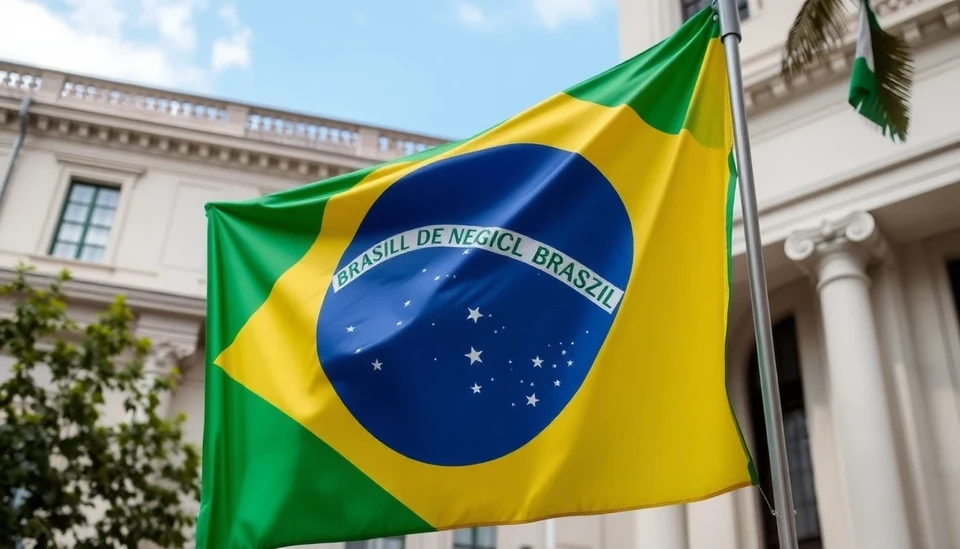
In a bold move reflecting the growing concerns about the nation’s economic stability, Brazil's Central Bank has heightened its vigilance regarding short-term inflation pressures. This development comes at a time when Brazil is grappling with multifaceted economic challenges, including fluctuating commodity prices and rising living costs. The central bank's recent statement underscores its commitment to monitoring inflationary trends closely, amidst a backdrop of complex market dynamics.
The central bank indicated that it has identified numerous factors contributing to the current inflation surge, which is primarily driven by a combination of supply chain disruptions, increased demand as the economy rebounds, and global price fluctuations. Key commodities such as food and energy have seen significant price increases in recent months, exacerbating the situation for consumers and businesses alike.
Moreover, the bank expressed concerns that if inflation expectations continue to rise, this could lead to a more prolonged period of elevated prices, adversely affecting the purchasing power of the Brazilian populace. The central bank officials highlighted that the inflation rate has outperformed previous forecasts, prompting a reassessment of their existing monetary policy framework.
The recent surge in inflation rates has led various economic analysts to warn that Brazil must adopt proactive measures to safeguard its economy. The central bank’s vigilance comes alongside rising interest rates, aimed at curbing inflation and stabilizing the economy. However, economists caution that overly aggressive rate hikes could also stifle economic growth, posing another layer of complexity to the situation.
Looking ahead, the Central Bank of Brazil plans to continue its assessment of economic indicators and inflation expectations closely, signaling that further interventions may be necessary to maintain economic stability. The evolving economic landscape will require careful navigation to balance the dual objectives of controlling inflation and supporting growth.
The central bank's position has drawn a spectrum of reactions from market analysts and financial stakeholders, some of whom applaud the proactive approach, while others express concerns over potential impacts on economic recovery efforts. As Brazil grapples with these inflationary pressures, it marks a crucial juncture for policymakers to implement strategies that reassure both domestic consumers and international investors alike.
In this context, the Central Bank of Brazil’s renewed focus on inflation signifies a pivotal moment for its economy. The importance of maintaining a stable financial environment cannot be overstated, as sustained inflation could undermine recent progress made in economic recovery and development. Stakeholders will be watching closely how the central bank maneuvers through these turbulent waters in the months ahead.
As Brazil confronts this inflation crisis, the path forward will require a delicate balance of monetary policy, fiscal measures, and effective communication with the public and markets. The coming weeks and months will reveal how the Central Bank adapts its strategies in response to the evolving economic landscape.
#Brazil #CentralBank #Inflation #Economy #MonetaryPolicy #FinancialNews
Author: Rachel Greene




